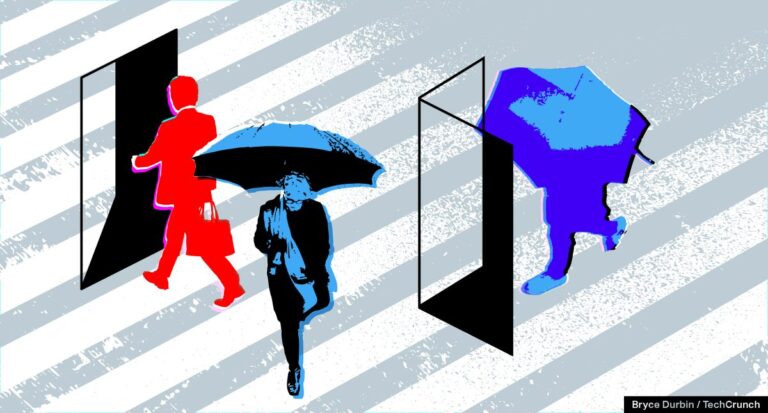California Lawmaker Unveils Groundbreaking AI Bill Following SB 1047
California continues to be at the forefront of the AI safety movement with the introduction of SB 53, a new bill designed to protect employees in the AI sector. This legislation, proposed by state Senator Scott Wiener, aims to establish whistleblower protections and provide vital resources for AI research, potentially reshaping the landscape of Silicon Valley.
Overview of SB 53: A New Approach to AI Safety
On Friday, Senator Scott Wiener introduced SB 53, which follows the controversial SB 1047. The new bill focuses on safeguarding workers at prominent AI labs and encourages them to report any perceived risks posed by their company’s AI systems. Key features of SB 53 include:
- Whistleblower Protections: Employees can voice concerns about AI systems deemed a “critical risk” to society without fear of retaliation.
- CalCompute Initiative: The bill proposes the creation of a public cloud computing cluster named CalCompute, aimed at equipping researchers and startups with essential computing resources.
Background on SB 1047 and Its Controversies
Wiener’s previous legislation, SB 1047, ignited a national discussion regarding the implications of large-scale AI systems. The bill sought to mitigate risks associated with catastrophic events, including:
- Loss of life due to malfunctioning AI.
- Cyberattacks resulting in over $500 million in damages.
Despite its intentions, SB 1047 faced significant pushback and was ultimately vetoed by Governor Gavin Newsom in September. Critics argued that the bill could undermine the United States’ competitive edge in the AI sector, while others, including Wiener, contended that misinformation was spread about the bill’s intentions and potential consequences.
Key Provisions of SB 53
SB 53 retains the less contentious elements of SB 1047 while introducing new safeguards. The bill specifically defines a “critical risk” as:
A foreseeable or material risk that may lead to the death of or serious injury to over 100 individuals, or more than $1 billion in damages.
Additionally, SB 53 mandates that leading AI developers, such as OpenAI and Anthropic, must not retaliate against employees who report concerning findings to authorities. It also requires these companies to provide feedback to whistleblowers regarding their concerns.
Establishing CalCompute: A Resource for Innovation
The proposed CalCompute initiative aims to create a collaborative cloud computing cluster that will:
- Include representatives from the University of California and other research institutions.
- Offer guidance on the cluster’s structure and user access.
This initiative is expected to facilitate groundbreaking research and innovation in the AI field, benefiting both startups and established organizations.
Next Steps for SB 53
As SB 53 moves through California’s legislative process, it will require approval from both legislative bodies before reaching Governor Newsom’s desk. The response from Silicon Valley is anticipated to influence its progression significantly.
Looking ahead, 2025 may present challenges for passing AI safety regulations. Despite California’s success in enacting 18 AI-related bills in 2024, there are indications that the urgency surrounding AI safety may be diminishing. Vice President J.D. Vance recently highlighted America’s focus on AI innovation over safety at the Paris AI Action Summit.
For further information on AI legislation, visit California Bills or explore resources on AI Trends.







